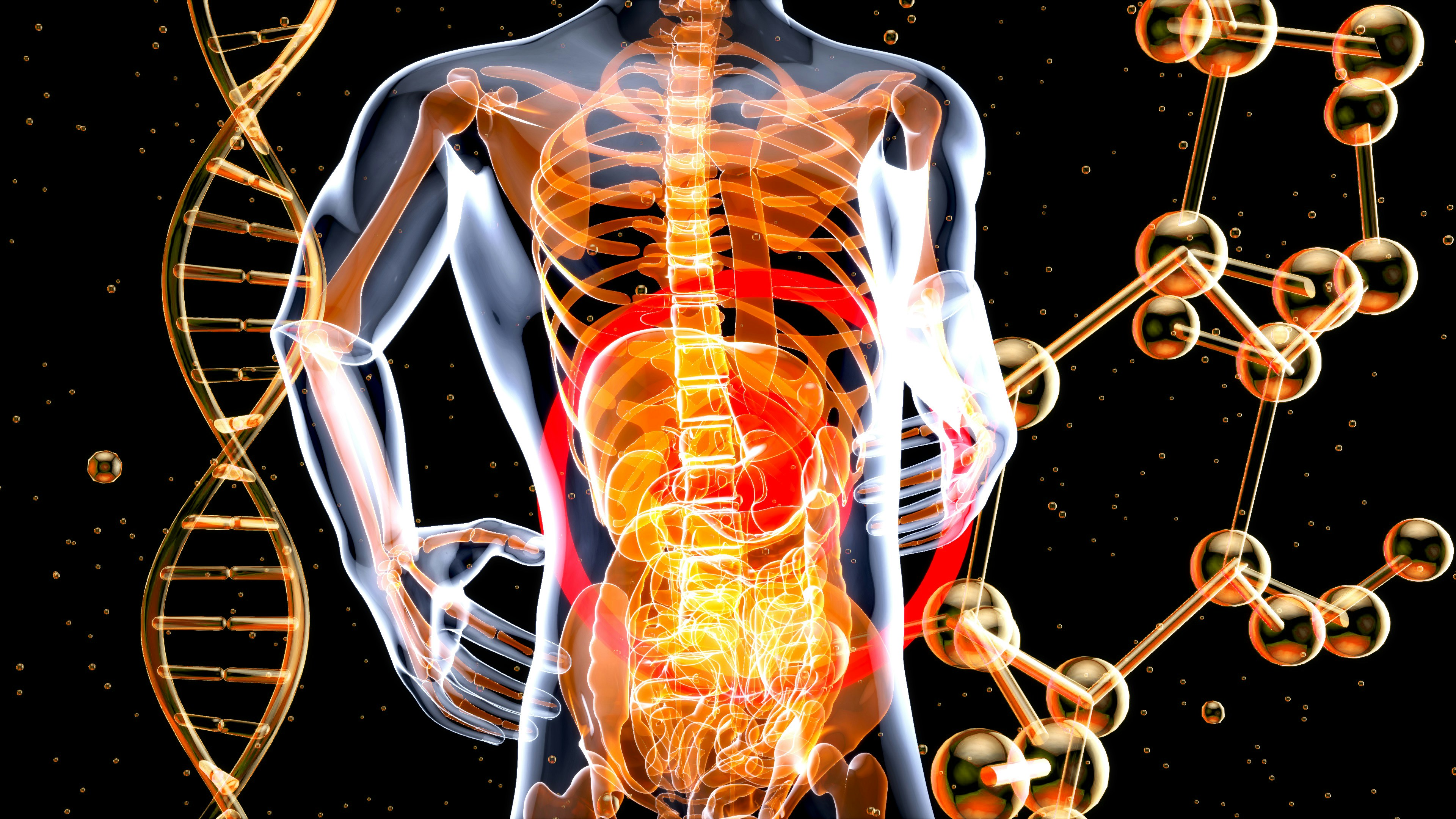The Gut-Brain Connection – How Digestion Affects Mental Health
The foundation of overall health. Research shows that the gut microbiome plays a crucial role in immunity, mental well-being, and even energy levels. But what exactly makes gut health so vital, and how can you support it? In this article, we’ll explore the intricate relationship between digestion and overall well-being, providing practical tips on how to optimize your gut for long-term health.
The Gut-Brain Connection – How Digestion Affects Mental Health
Your gut and brain are in constant communication through a complex network known as the gut-brain axis. This bidirectional system connects the central nervous system with the enteric nervous system, allowing signals to pass between the gut and brain. Research suggests that gut microbiota influence brain function, impacting emotions, cognitive health, and even conditions like anxiety and depression (Healthline).
One of the key players in this system is the vagus nerve, which sends messages between the gut and brain. Disruptions in this communication can lead to issues like stress-related digestive problems, mood imbalances, and decreased mental clarity.
Additionally, the gut produces about 90% of the body's serotonin, a neurotransmitter responsible for regulating mood and emotions. An imbalanced microbiome—often caused by poor diet, stress, or antibiotics—can disrupt serotonin production, contributing to mood disorders like depression.
How to Improve Your Gut-Brain Health
Eat Prebiotic and Probiotic-Rich Foods – Prebiotics (fiber-rich foods like bananas and onions) feed beneficial bacteria, while probiotics (fermented foods like yogurt and kimchi) introduce good bacteria into the gut.
Manage Stress – Practices like meditation, deep breathing, and yoga can help regulate the gut-brain axis and reduce stress-related gut issues.
Limit Processed Foods and Sugar – High sugar intake can lead to inflammation and imbalances in gut bacteria, negatively affecting brain function.
Get Enough Sleep – Poor sleep has been linked to gut microbiome disruptions, which can in turn impact cognitive health and emotional stability.
Exercise Regularly – Physical activity promotes gut motility and increases the diversity of beneficial gut bacteria.
The Role of Gut Health in Immunity – Why Your Digestive System is Your First Line of Defense
70% of your immune system resides in your gut? The gut microbiome acts as a first line of defense against harmful pathogens, producing antimicrobial substances that help fight off infections. The gut lining is also home to immune cells, which monitor and regulate immune responses (Cleveland Clinic).
One of the key components of this defense system is the gut-associated lymphoid tissue (GALT), which helps produce antibodies and prevents harmful bacteria from entering the bloodstream. When the gut is in balance, it strengthens the immune system and reduces the risk of infections, allergies, and autoimmune disorders.
However, gut dysbiosis—an imbalance in gut bacteria—can weaken immunity. Factors such as poor diet, excessive antibiotic use, and chronic stress can compromise gut health, making the body more susceptible to illnesses.
How to Strengthen Your Gut for Better Immunity
Increase Fiber Intake – Fiber feeds beneficial bacteria, which support immune function and produce short-chain fatty acids that reduce inflammation.
Reduce Antibiotic Overuse – While antibiotics are sometimes necessary, overuse can kill beneficial gut bacteria. If prescribed, consider supplementing with probiotics.
Stay Hydrated – Proper hydration helps maintain a healthy gut lining, preventing harmful bacteria from passing into the bloodstream.
Eat a Diverse Diet – A variety of fruits, vegetables, and whole foods support microbiome diversity, strengthening immunity.
Limit Alcohol and Artificial Sweeteners – Both can disrupt gut bacteria and weaken immune function over time.
Conclusion
A well-balanced gut is the foundation of good health, influencing everything from mood and energy to immunity and digestion. By making small but impactful lifestyle changes—such as eating gut-friendly foods, managing stress, and staying active—you can support a thriving microbiome that enhances overall well-being.
Learn how to heal your gut—Check out our guide!
References:
Articles
Discover our other articles
Explore our articles to know the best behavior about alimentation and well-being.





















